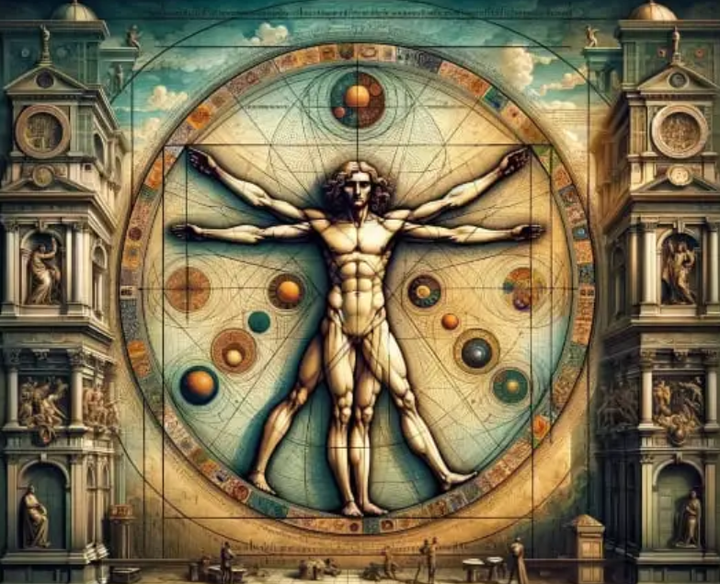Are We More Than Our Brains? (Revisited)

The foundational question: René Descartes famously declared, "I think, therefore I am," linking existence indelibly to consciousness. While we intuitively accept the reality of our own existence and identity, understanding the "I" in that equation remains elusive for academia.
The concepts of "I" and "I am" correspond to our most basic experience. We refer to ourselves as "I" or "me" and do not doubt our unitary existence. As I sit here typing this piece, watching the words show up on my screen, I know I am. And when you read these words, you know you are reading, you know you exist. We call this our pre-philosophical intuition.
But contemporary philosophers and neuroscientists challenge the notion of a singular "I," suggesting it might be an illusion—popularly termed "no self." They assert no centralized location for this unitary self has been found in the brain, proposing that what we perceive as a unified self is a complex interplay of disparate neural processes. This narrative suggests our feeling of individual identity is just an assembly of various brain functions, creating an illusion of cohesion.
Their critics contend that this prevailing view underestimates the complexities involved in both brain function and the concept of "I". Philosopher Colin McGinn criticizes the quick dismissal of a unified "I" or self as premature, pointing out the gaps in our knowledge of brain mechanisms. The absence of evidence for a centralized self in the brain might not show its nonexistence but highlight the infancy of our scientific insights. Or even that we might have to look for consciousness and the mind beyond the brain.
Final Thought: It is hasty to question the veracity of our own existence, a fundamental premise in exploring consciousness. Similarly, it's also too soon to discard the concept of a unified "I" just because we haven't pinpointed consciousness within the brain. By recognizing "I am" as a real starting point, we can explore scenarios where the notion of "no self" might apply, thereby enriching our understanding and insights of consciousness. Essentially, we're suggesting that by starting with our intuitive understanding of personal existence, we can critically examine and perhaps even appreciate scenarios or arguments where our conventional notions of self might not apply.
Notes:
- Chalmers, D. J. (1996). The conscious mind: In search of a fundamental theory. Oxford University Press.
- McGinn, C. (1997). The character of mind: An introduction to the philosophy of mind (2nd ed.). Oxford University Press.
- McGinn, C. (2000). The mysterious flame: Conscious minds in a material world. Basic Books.
- Narby, J. (2005). Intelligence in nature: An inquiry into knowledge. Jeremy P. Tarcher/Penguin.


